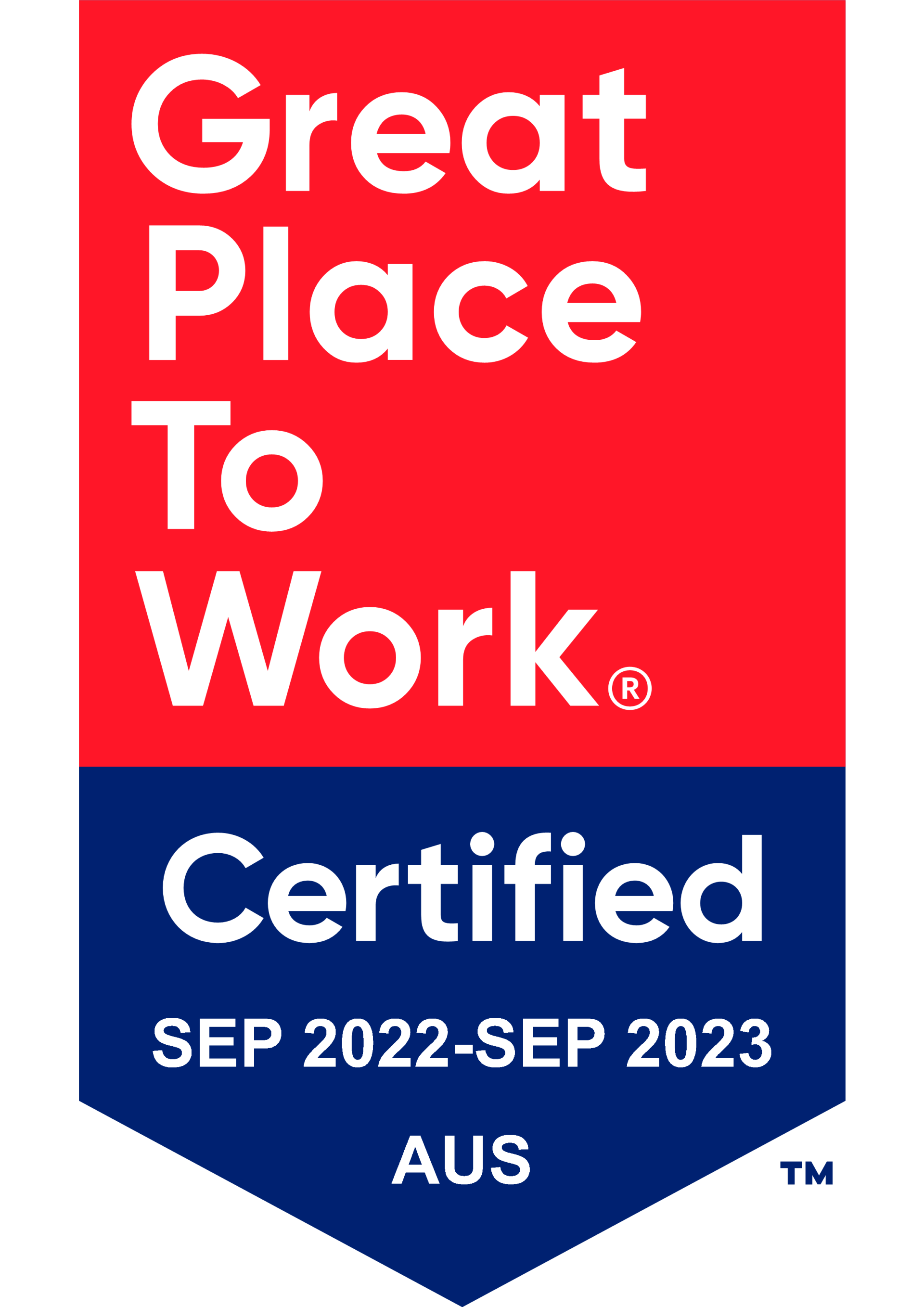By Shazamme System User
•
August 15, 2024
It is no secret that today’s job market is a tough one for jobseekers. Minimal investment in large-scale technology projects, lack of market confidence, high interest rates, and inflation still tracking above the 2-3% target has reduced the number of available opportunities and pushed salaries and day rates below their post-covid boom. This trend is reflected in the numbers - in the most recent jobs report from Seek, ad volumes had fallen well over 20% in Victoria and New South Wales, led by weakness in the hospitality, tourism and technology sectors. With an increased number of applicants for every position, jobseekers applying through standard portals such as Seek and Linkedin face an upward battle getting recruiters, talent acquisition teams and hiring managers to view their CV amid a glut of other highly skilled candidates. The Australian Chapter of the International Institute of Business Analysis recently held an event, supported by PMO and Agile training services organisation PM Partners, to address the state of the current market and what candidates can do to stand out and find their next role. Leaders from Endeavour Drinks Group and Transgrid offered an overview of the current state of the Business Analysis market and valuable insights on what they look for when building teams. Below are some of those insights, along with some of our own, to help you find your next gig! Be a “generalist specialist” In a world of constrained budgets and lean teams, individuals are often expected to perform several functions. For a Business Analyst, this may mean acting as a Scrum Master or taking on some project management responsibilities. This not only shows your ability to step-up when delivery is paramount but offers great learning opportunities so you can add more strings to your bow. Conversely, picking a specialism can help you become and be seen as a leader in your chosen field. Growth areas include Cyber Security, Cloud, Data and AI. The list is endless but pick something that interests you and get learning! Upskill This is a controversial one. While some hiring managers reject certificates and training in favour of hands-on experience, others see them as a key element of a candidate’s profile. What is clear is that having certificates will certainly not harm your professional development and chances of landing the role you are looking for. Using your time to upskill and invest in yourself shows a “learning mindset” and allows you to develop fundamental skills in your chosen capacity. Network While a committed and resourceful recruiter can be a huge asset, expanding your own network is a key step in finding your next role. Build connections via conferences, webinars and meetups in your space. Meeting like-minded professionals can improve your knowledge base and open doors you previously would not have had access to. While we live and work in an increasingly digital world, getting face time with people in your arena is an unbeatable way of improving your reach. Be flexible The days of companies offering roles that are entirely or mostly “work-from-home” are seemingly behind us, with most positions requiring 2 to 3 days in the office. In a slow market, if you are unwilling to go to the office and swap ideas with colleagues then you will be missing out on a large portion of available positions. Similarly, many career contractors are now opening themselves up to permanent positions with limited day-rate opportunities available in the market. Both day rates and permanent salaries have taken a hit of around 15% in the last 12 months, so adjust your expectations accordingly. Work on your soft skills Invariably, hiring managers place soft skills - the ability to communicate, work in a team, collaborate and problem-solve - as equally or more important than technical know-how. While technical skills can be taught, soft skills are seen as an inherent ability and key to creating a cooperative team or delivering a successful project. Be an active listener. Listen to the questions being asked during the interview and respond accordingly. Too many candidates have a pre-prepared answer that does not address the question. What do you do on a daily basis? You should be able to answer this clearly and concisely, whilst talking directly about your achievements, not just that of the team and wider business. If you can’t then practise saying it out loud to yourself or family and friends - it might make you feel silly, but it will help you in an interview scenario. Stay positive Receiving rejections can be a disheartening experience, but staying positive is key. The market will turn, and the right opportunity could be just around the corner. Keep a log of all the opportunities you have applied for and do not be afraid to follow-up with hiring managers, talent teams, or recruiters - don’t be afraid of annoying people and own your own search. If the role is right for you then decision makers will appreciate you engaging in the process. It is a tough market and you are not the only one experiencing sometimes disjointed and convoluted processes, but keep applying to relevant positions, actively engage with your network, and keep at it!










